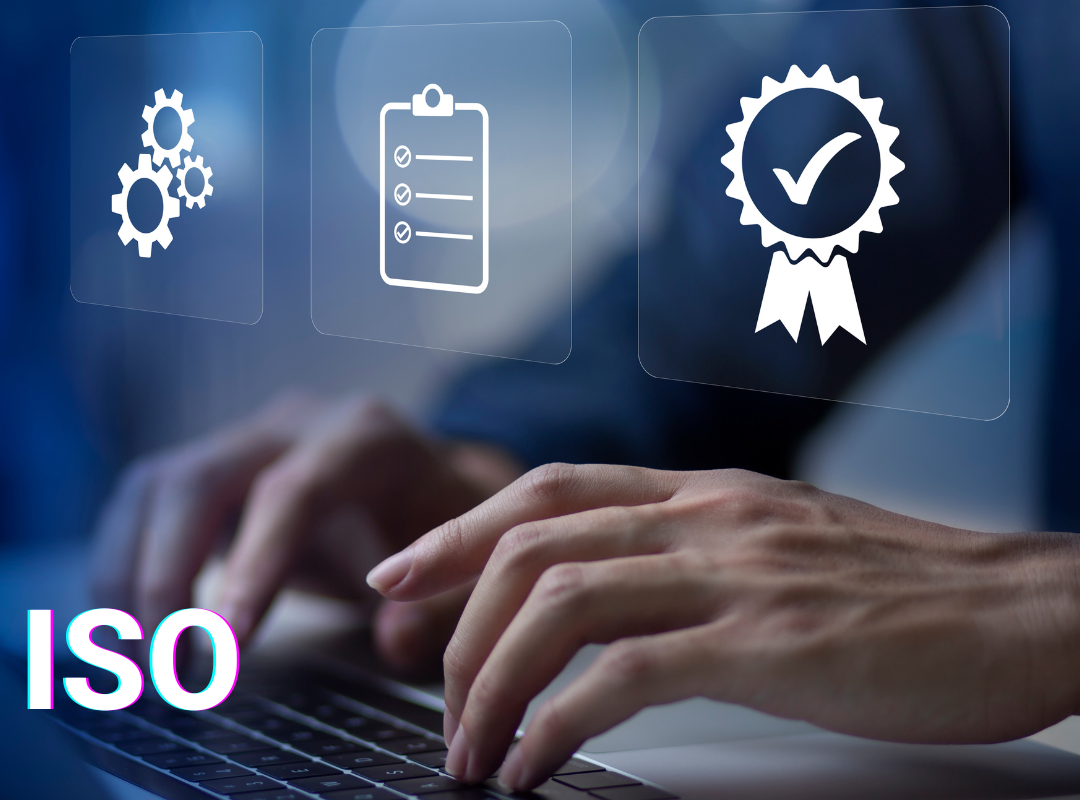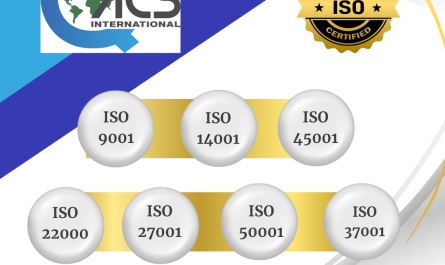In today’s competitive business landscape, achieving ISO certification is more than just a credential; it is a demonstration of your organization’s commitment to quality, efficiency, and customer satisfaction. ISO certification signifies that a company adheres to international standards of excellence. For businesses in India, obtaining an ISO certification is a strategic move that enhances credibility, improves operational efficiency, and unlocks new market opportunities.
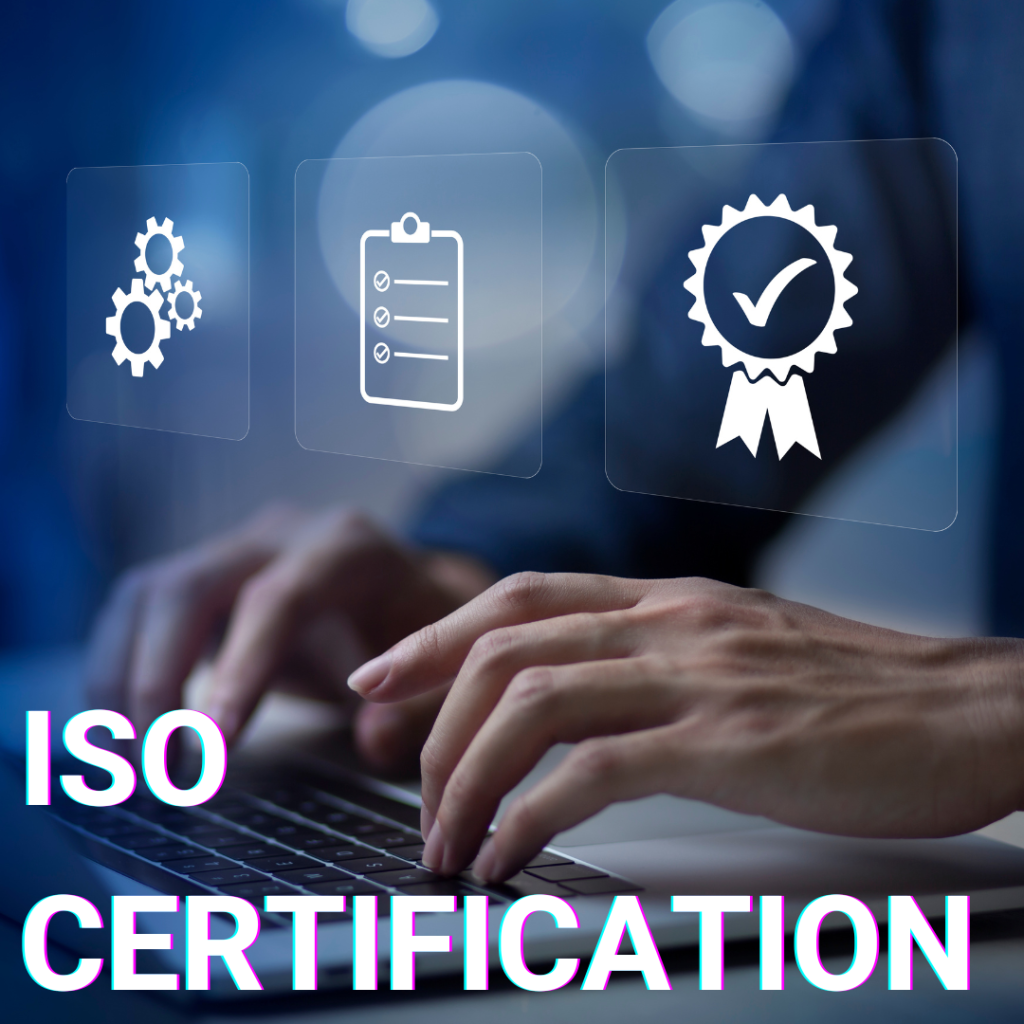
In this guide, we will walk you through the detailed process of obtaining ISO certification in India, focusing on the steps, requirements, and benefits. If you’re considering ISO certification for your business, this comprehensive guide by QACS International will provide all the insights you need.
Table of Contents
Understanding ISO Certification
The International Organization for Standardization (ISO) develops and publishes standards that ensure the quality, safety, and efficiency of products, services, and systems. While ISO itself does not issue certifications, accredited certification bodies like QACS International are authorized to audit and certify businesses based on their adherence to specific ISO standards.
Some of the most commonly sought ISO certifications include:
- ISO 9001: Quality Management Systems
- ISO 14001: Environmental Management Systems
- ISO 45001: Occupational Health and Safety Management
- ISO 27001: Information Security Management Systems
- ISO 22000: Food Safety Management Systems
Each of these certifications serves a unique purpose, helping businesses align with global standards in their respective fields.
Why ISO Certification Matters
ISO certification in India offers several benefits for businesses:
- Improved Credibility: ISO certification signals trust and reliability to customers, partners, and stakeholders.
- Operational Efficiency: It helps streamline processes and reduce inefficiencies.
- Compliance Assurance: ISO standards ensure compliance with legal and regulatory requirements.
- Market Expansion: Certified businesses often gain easier access to international markets.
- Customer Satisfaction: Adopting ISO standards ensures a focus on quality and customer needs.
The ISO Certification Process in India
The process of obtaining ISO certification in India involves several steps, from preparation to successful completion of the audit. Here’s a detailed breakdown:
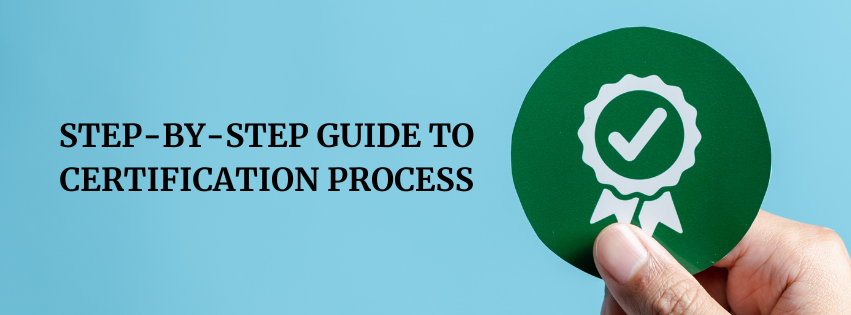
Step 1: Understand Your Requirements
Before starting the ISO certification process in India, it’s essential to:
- Identify the specific ISO standard relevant to your business. For example, a software company may prioritize ISO 27001, while a manufacturing unit may opt for ISO 9001.
- Assess your organization’s current practices, policies, and processes to identify gaps.
- Engage key stakeholders to gain their support for the certification process.
Step 2: Choose an Accredited Certification Body
Select a reputable certification body accredited by recognized institutions such as the International Accreditation Forum (IAF). QACS International is a trusted name in the ISO certification in India and auditing space, offering expertise and professionalism to help businesses achieve their certification goals.
Step 3: Conduct a Gap Analysis
A gap analysis is a systematic review of your current processes against the requirements of the chosen ISO standard. This step helps identify areas that need improvement or alignment. Many organizations choose to hire consultants to assist with this stage for a thorough evaluation.
Step 4: Develop a Management System
Create or update your organization’s management system to comply with ISO standards. This involves:
- Documenting processes, policies, and procedures.
- Assigning responsibilities and roles.
- Implementing necessary tools and technologies to support compliance.
Step 5: Internal Training and Awareness
Training is a critical component of the certification process. Employees need to understand the significance of ISO standards and how their roles align with the requirements. Conduct workshops, training sessions, and regular communications to ensure all team members are on board.
Step 6: Conduct an Internal Audit
Before the external certification audit, perform an internal audit to:
- Verify compliance with ISO requirements.
- Identify and rectify non-conformities.
- Ensure all processes are effectively implemented.
This step acts as a rehearsal for the final certification audit.
Step 7: Apply for Certification
Once your organization is ready, submit an application to the chosen certification body, such as QACS International. The application typically includes details about your organization, the scope of certification, and the specific ISO standard you’re pursuing.
Step 8: Certification Audit
The certification audit is conducted in two stages:
- Stage 1 Audit (Documentation Review):
- The auditors review your documented management system to ensure it aligns with ISO requirements.
- This stage identifies any gaps that need to be addressed before moving to the next phase.
- Stage 2 Audit (On-Site Audit):
- The auditors visit your premises to evaluate the implementation of the management system.
- They assess processes, interview employees, and review records to ensure compliance.
If non-conformities are found, you will need to implement corrective actions within a specified timeframe.
Step 9: Certification Decision
After successfully passing the certification audit, the certification body will review the audit findings and decide whether to issue the ISO certificate. Once approved, you will receive the official certificate, valid for three years.
Step 10: Surveillance Audits
ISO certification in India is not a one-time achievement. To maintain certification, your organization must undergo annual surveillance audits to ensure continued compliance. These audits verify that your management system remains effective and aligned with ISO standards.
Key Documents Required for ISO Certification
To facilitate the certification process, you’ll need to prepare the following documents:
- Quality Manual
- Standard Operating Procedures (SOPs)
- Process Flow Charts
- Internal Audit Reports
- Risk Assessment Reports
- Corrective Action Records
- Employee Training Records
Proper documentation demonstrates your organization’s commitment to adhering to ISO standards.
Cost of ISO Certification in India
The cost of ISO certification in India varies based on factors such as:
- The size and complexity of your organization.
- The chosen ISO standard.
- The scope of certification.
- The certification body’s fees.
To get an accurate estimate, it’s best to consult with QACS International for a customized quote.
Tips for a Smooth Certification Process
- Engage Leadership: Secure commitment from top management to drive the certification process effectively.
- Invest in Training: Equip your team with the knowledge and skills needed for ISO compliance.
- Leverage Expertise: Consider hiring experienced consultants or partnering with a trusted certification body like QACS International.
- Monitor Progress: Regularly review your progress to stay on track and address challenges promptly.
- Foster a Quality Culture: Encourage employees to embrace quality and continuous improvement as core organizational values.
Why Choose QACS International?
QACS International is a leading ISO certification and auditing company dedicated to helping businesses achieve their certification goals. With a team of seasoned auditors and consultants, QACS International offers:
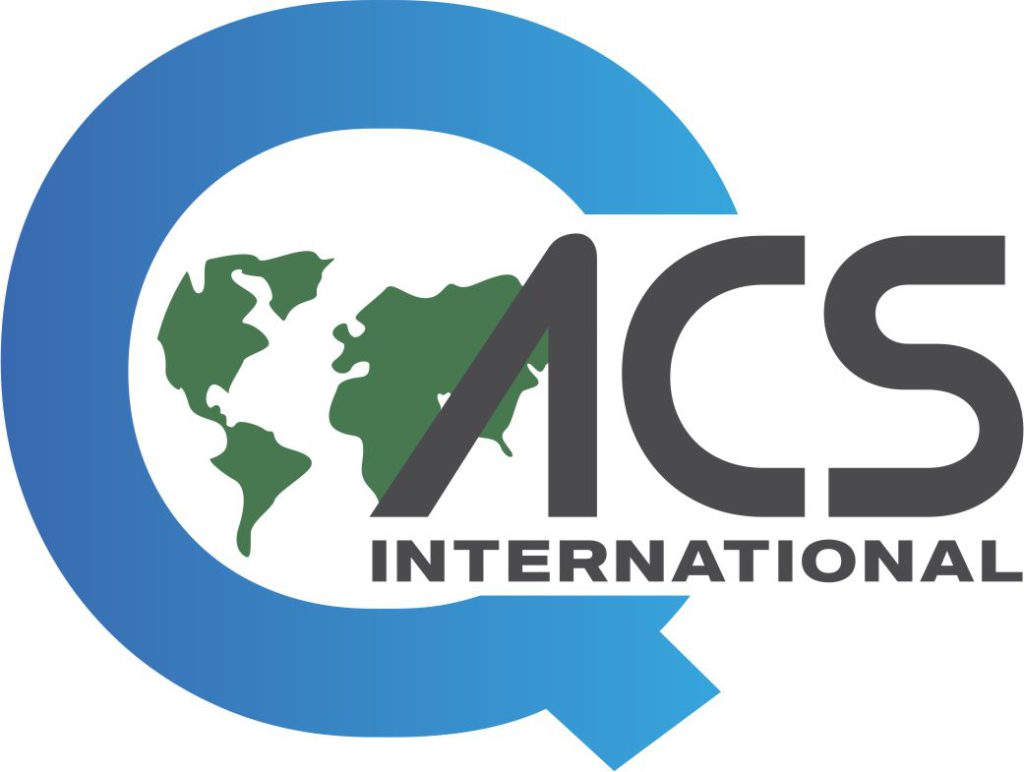
- Tailored solutions for diverse industries.
2. Transparent and efficient certification processes.
3. Comprehensive guidance and support from start to finish.
Whether you’re a small business or a large enterprise, QACS International is your trusted partner for ISO certification in India.
Conclusion
ISO certification in India is a valuable asset for businesses, opening doors to enhanced credibility, operational efficiency, and market opportunities. By following the detailed steps outlined in this guide and partnering with a reputable certification body like QACS International, your organization can successfully navigate the certification process and reap its benefits.
Take the first step today and embark on your journey to ISO certification with confidence and clarity. Contact QACS International to learn more and get started on your path to excellence.

